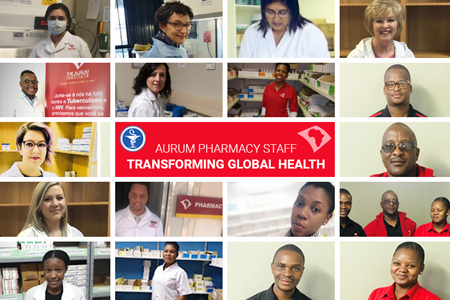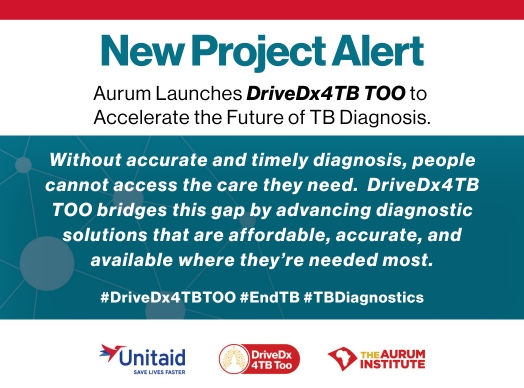Uitenhage - In the quiet auditorium of Uitenhage Provincial Hospital last Friday, a gathering took place that felt as urgent as the storms battering the Eastern Cape. Aurum’s “Effects of Extreme Weather Events on Healthcare Services” workshop, funded by the World Health Organization, aimed to address a new and growing crisis: the alarming impact of climate change on healthcare delivery. The event was no ordinary workshop; it was a critical summit of key stakeholders, health professionals, and community members joining forces to confront a problem that threatens to erode years of progress in health service delivery.
When flooding hit the Kariega area in October, it highlighted the very threats the workshop sought to address. Severe rains had just washed over parts of the Eastern Cape, where already compromised infrastructures broke down further. Roads flooded, power was disrupted, and entire neighbourhoods were evacuated, echoing the same devastation the region had seen in June. These scenes were fresh in the minds of workshop attendees, who had either experienced the crisis firsthand or been on the frontlines of the response. With roads destroyed, businesses halted, and healthcare services forced to suspend operations, the pressing reality of climate change had become undeniable.
“Our goal here today is threefold,” stated an Nolundi Mshweshwe-Pakela, Aurum’s Research Manager. “We are gathering stakeholders to collaborate, raising awareness of climate change's real impact on health, and beginning the urgent task of planning a resilient response. We’re preparing for a future where these disasters aren’t anomalies but annual threats.”
The attendees, representing a diverse cross-section of stakeholders, included district HAST management, facility managers, community members, and disaster management teams from Nelson Mandela Municipality. Each shared stories and expertise, underscoring the mounting need for resilience in the face of natural disasters. For many, the urgency of the workshop was unmistakable. As one facility manager noted, “These floods are not only a test of our infrastructure but a test of our healthcare system’s resilience. We have to be ready.”

Flooding is the most common and deadliest natural disaster worldwide, affecting over two billion people between 1998 and 2017. These deluges bring more than just water; they bring a cascade of health crises. When floodwaters rise, the immediate danger of drowning is joined by a wave of indirect health risks: hypothermia, animal bites, injuries, and diseases. In vulnerable communities like those in Kariega, the challenges are compounded. Infrastructure crumbles, healthcare services are overwhelmed, and access to critical treatment is delayed or cut off. The emotional and mental health toll is just as severe, as people grapple with lost homes, lost livelihoods, and, in some cases, lost loved ones.
The health risks from floods don’t stop at immediate injuries. Outbreaks of waterborne diseases, such as cholera and typhoid fever, follow as water supplies become contaminated. In the stagnant waters left behind, vector-borne diseases such as malaria and dengue fever thrive, turning disaster zones into breeding grounds for more disease. In regions that already face high TB and HIV burdens, these added risks stretch healthcare resources to a breaking point, endangering thousands who rely on these services.
The workshop closed with a sense of urgency and resolve. The words of one district ambassador resonated with everyone in the room:
“The stakes couldn’t be higher. We are no longer just fighting disease; we are fighting to safeguard healthcare itself.” It’s a fight that will demand more than just strong policies; it will require every one of us—from healthcare workers to policymakers, community leaders, and global partners—to step up.












